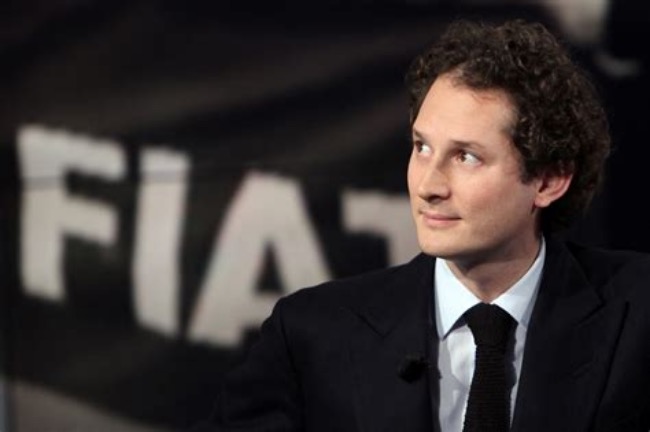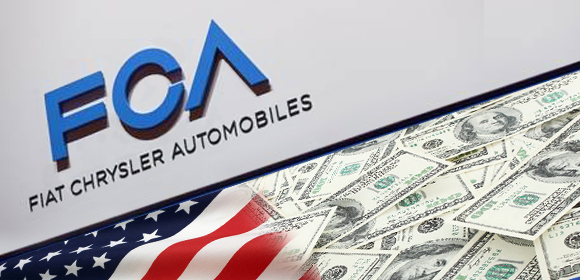Fiat Chrysler Automobiles said yesterday it strongly disagreed with Italian tax authorities’ claim that it had underestimated the value of its U.S. business by 5.1 billion euros ($5.6 billion USD) during its phased acquisition of Chrysler.
“We are confident we will successfully make the case for a material reduction in the assessment,” said an FCA spokesperson, also stating that “any remaining taxable gain assessed would be offset by carrying forward tax losses with no material cash outflow or impact on earnings.”
The dispute relates to the October 2014 restructuring that took place after the former Fiat SpA purchased the final part of its Chrysler unit. The purchases stretched over five years and culminated in the full takeover of the once-bankrupt owner of brands such as Dodge, Ram and Jeep.
The restructuring created the Fiat Chrysler that exists today, registered in the Netherlands with a tax residency in the U.K. — rather than in Turin, Fiat’s home for more than a century. The move triggered the so-called exit tax that Italy collects on capital gains realized when companies move assets outside the country, according to the audit report.
Italy had a corporate tax rate of about 27.5 percent at the time, suggesting the amount at risk for FCA could approach $1.5 billion, though negotiations could significantly reduce any levy.
Italy’s tax authority valued Chrysler at some 12.5 billion euros ($13.8 billion US), while Fiat, following advice from its advisers, declared it to be worth less than 7.5 billion euros ($8.3 billion US), according to sources. When Fiat Chrysler debuted on the New York Stock Exchange in mid-October 2014, the company, which still owned valuable assets like spun-off Ferrari and supplier Magneti Marelli, had a market value of about 8.3 billion euros ($9.2 billion US).
Fiat bought the remaining 41.5 percent of Chrysler for $4.35 billion in January 2014, implying an overall valuation of about 6.95 billion euros ($7.7 billion US) for the entire USA unit.
At the time of the 2014 transactions, FCA said it expected an exit tax to be triggered on capital gains related to assets it planned to transfer outside its permanent Italian operations. However, it said, any resulting gains “may be largely offset by tax losses available to the group.”’
The former Chrysler operations, led by Jeep SUVs and Ram trucks, provide the bulk of Fiat Chrysler’s sales and profit.
Negotiations with Italian tax authorities will proceed over a 60-day period, according to FCA’s third-quarter report. A final assessment is due by year-end, it said. If no settlement is reached, the matter could land in court.
The tax wrangle comes at an inopportune time for FCA, which is in negotiations to merge with PSA Group, owner of the Peugeot, Citroën and Opel brands. The companies said in late October that they were in talks to combine, and both Fiat Chairman John Elkann and PSA Group CEO Carlos Tavares said last month that they aim to formalize an agreement by year-end.


PSA is aware of the tax audit and does not expect it to harm or delay the deal, according to people familiar with the matter who asked not to be named discussing private matters. PSA declined to comment.
Last month General Motors sued FCA alleging that Fiat Chrysler bribed union officials to gain competitive advantages and directly implicating former CEO Sergio Marchionne. Corruption allegations dating back several years have already landed auto executives and labour leaders in jail. Elkann has called GM’s claims false and defended Marchionne, who died last year.


